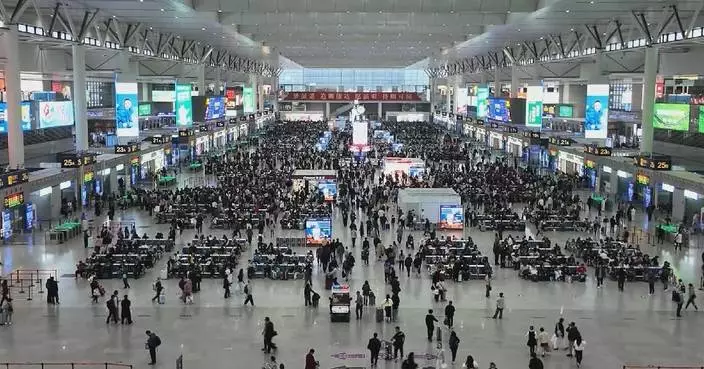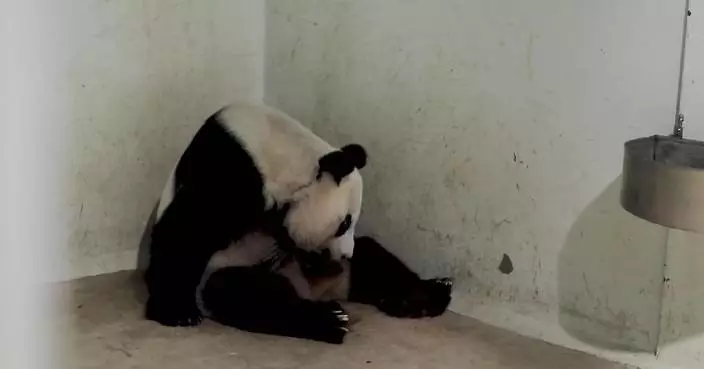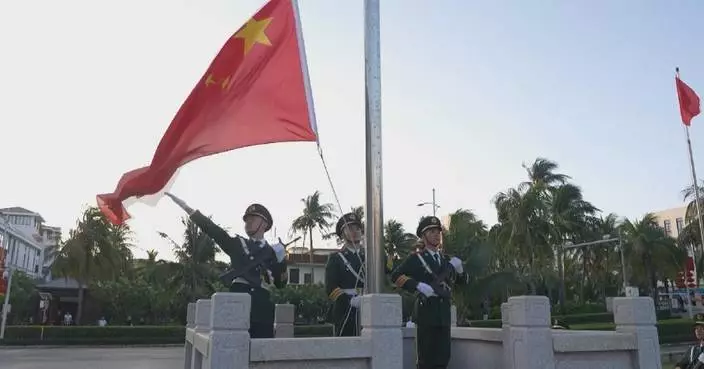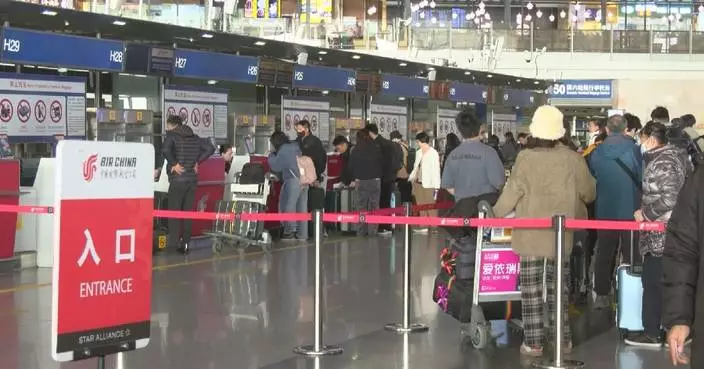Air raid sirens sounded across Jerusalem on Friday evening as the Israeli military reported that dozens of missiles had been fired from Iran into Israel.
Following the launches, sirens were activated across large areas of central and northern Israel, and explosions caused by interceptions or falling projectiles were heard, according to a statement from the Israel Defense Forces (IDF).
Local Channel 12 reported that between 150 and 200 missiles were fired in three barrages.
Israel's national emergency service, Magen David Adom (MDA), said seven people sustained minor injuries, while police reported property damage.
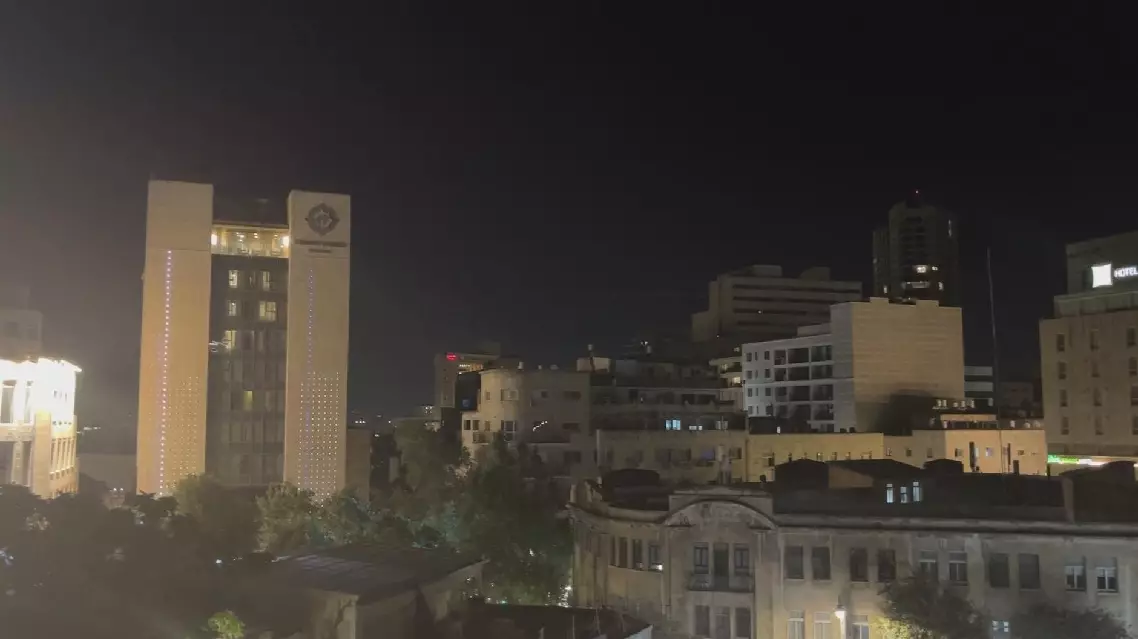
Air raid sirens sound in Jerusalem
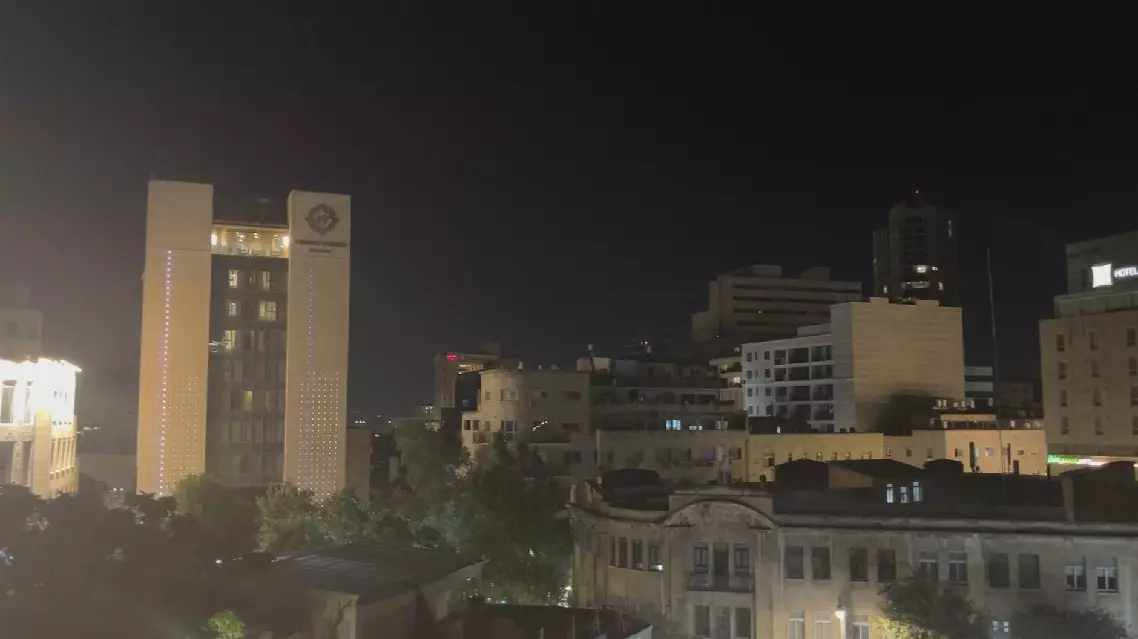
Air raid sirens sound in Jerusalem
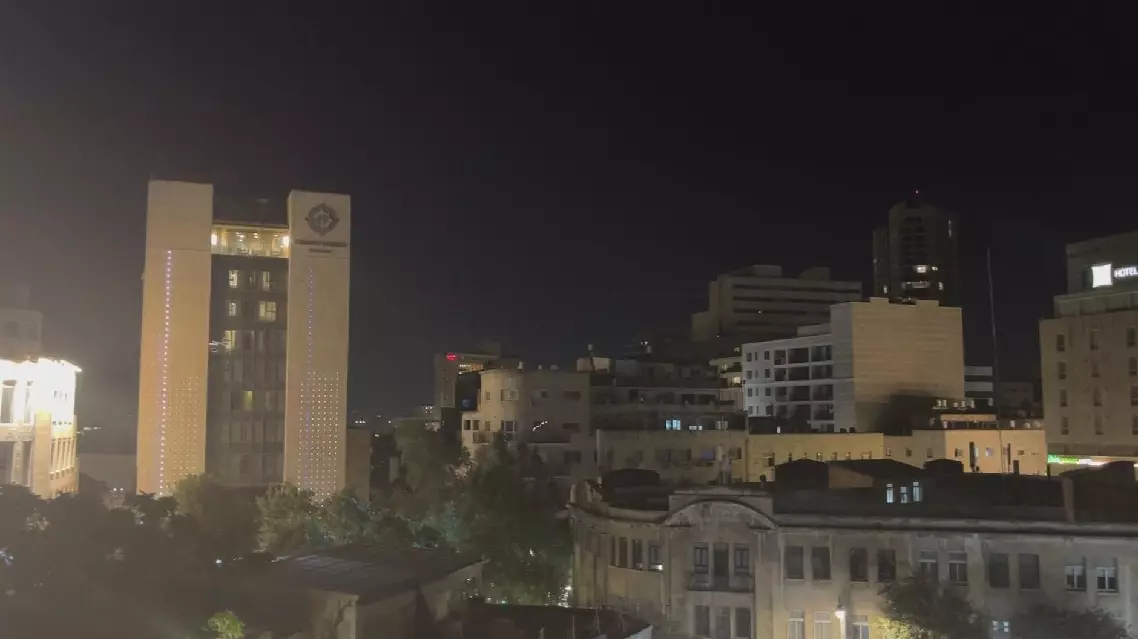
Air raid sirens sound in Jerusalem
The airstrike conducted by Saudi-led coalition targeting the port of Mukalla in Yemen's oil-rich Hadramout province early Tuesday morning has caused severe damage to nearby residential buildings and left locals terrified.
According to the coalition, the strike targeted weapons and combat vehicles allegedly unloaded at the port from two unauthorized ships that arrived from the port of Fujairah in the United Arab Emirates (UAE) over the weekend.
Coalition spokesman Turki Al Maliki said the vessels had disabled their tracking systems and delivered a large cache of arms intended to bolster the Southern Transitional Council (STC) in Yemen's Hadramout and Al-Mahra provinces, a move he described as a "clear violation" of the UN Security Council Resolution 2216 of 2015.
He said the operation was conducted in accordance with international humanitarian law and its customary rules, ensuring that no collateral damage occurred.
However, local residents offered a different account, describing scenes of chaos and destruction in the pre-dawn hours following the strike.
"As you can see, this is the severe damage that occurred to our home as a result of the airstrike that targeted the Mukalla port, specifically military vehicles that were next to the house, about 20 to 40 meters away. At exactly 04:30, the location was targeted with a surprise airstrike, and we were shocked by the sudden violent explosions," said Salem Ali Al-Haj Zaid, a local resident.
Another resident, Um Ali, described the psychological toll on children.
"The children kept crying from the time of the strike until morning. Poor things, they were shocked, scared and unable to sleep again," said Ali.
The strike hit especially hard for Um Mohammed, a widow living on the top floor of a residential building near the port.
"We were terrified. My mother is old. The most damage was to the floor of the building where I live, and I am a widow. Who will compensate us for this?" said Mohammed.
The reported attacks come amid heightened military escalation in Hadramout, where Saudi-backed Yemeni government forces have warned of possible military action following the STC's refusal to withdraw its forces from the governorate.
Meanwhile, the Saudi-led coalition called on all civilians to immediately evacuate the port of Mukalla to ensure their safety, according to the Saudi state news agency SPA.
Mukalla, the capital of Hadramout governorate, is a key port city on Yemen's southeastern coast, with strategic and economic value.
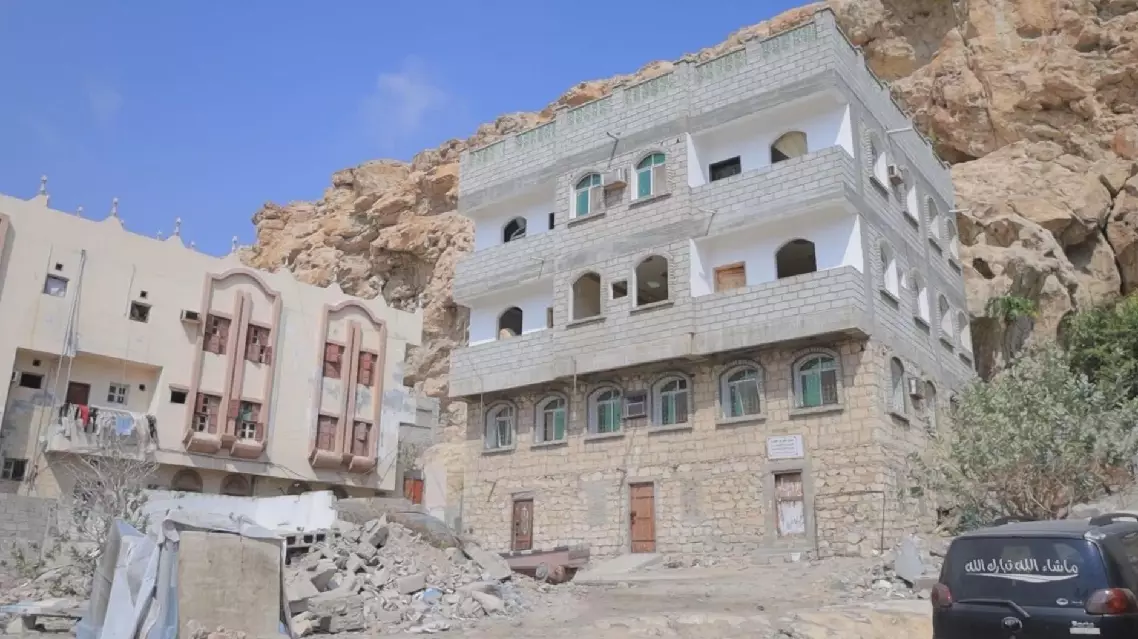
Saudi-led airstrike on Yemen's Mukalla port damages homes, sparking fear among locals






